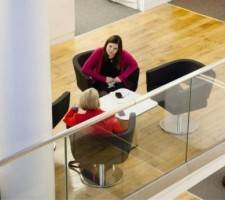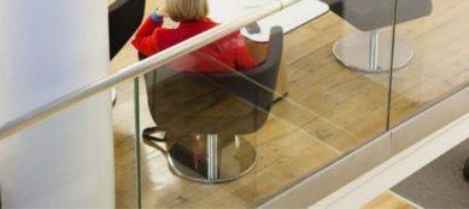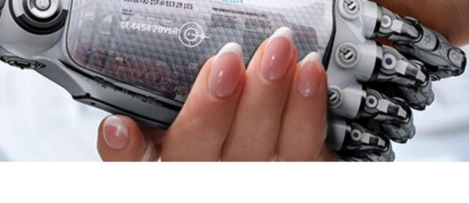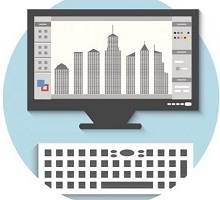January 22, 2016
New smart working code of practice launched by BSI and Cabinet Office 0
 We’ll return to this in detail next week, but yesterday the business standards company BSI working with the Cabinet Office launched a new code of practice on Smart Working. The Smart Working Code of Practice, BSI Publicly Available Specification (PAS3000) has been designed to support organisations in implementing smart working principles. The Cabinet Office sponsors it on behalf of the Smart Working Charter Steering Group of industry, academia, institutions and other public sector bodies. According to the Cabinet Office, the code brings together best practice from across the world and across disciplines and will enable organisations to move from principles to standards and benchmark themselves against high performers in smart working. At the launch, the organisers also announced the second annual The Way We Work (TW3) Awards, a Civil Service programme recognising government teams that have created smarter ways of working.
We’ll return to this in detail next week, but yesterday the business standards company BSI working with the Cabinet Office launched a new code of practice on Smart Working. The Smart Working Code of Practice, BSI Publicly Available Specification (PAS3000) has been designed to support organisations in implementing smart working principles. The Cabinet Office sponsors it on behalf of the Smart Working Charter Steering Group of industry, academia, institutions and other public sector bodies. According to the Cabinet Office, the code brings together best practice from across the world and across disciplines and will enable organisations to move from principles to standards and benchmark themselves against high performers in smart working. At the launch, the organisers also announced the second annual The Way We Work (TW3) Awards, a Civil Service programme recognising government teams that have created smarter ways of working.


































January 14, 2016
The growing hysteria around employers’ ability to pry is not justified 0
by Mark Eltringham • Comment, Legal news, Technology, Workplace
(more…)